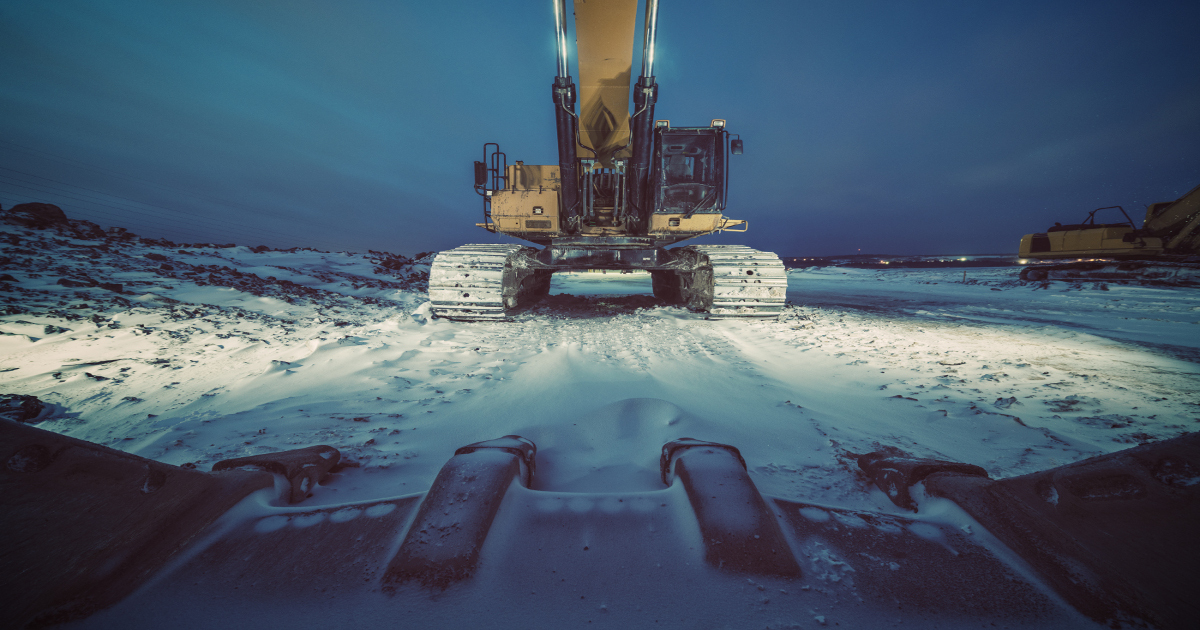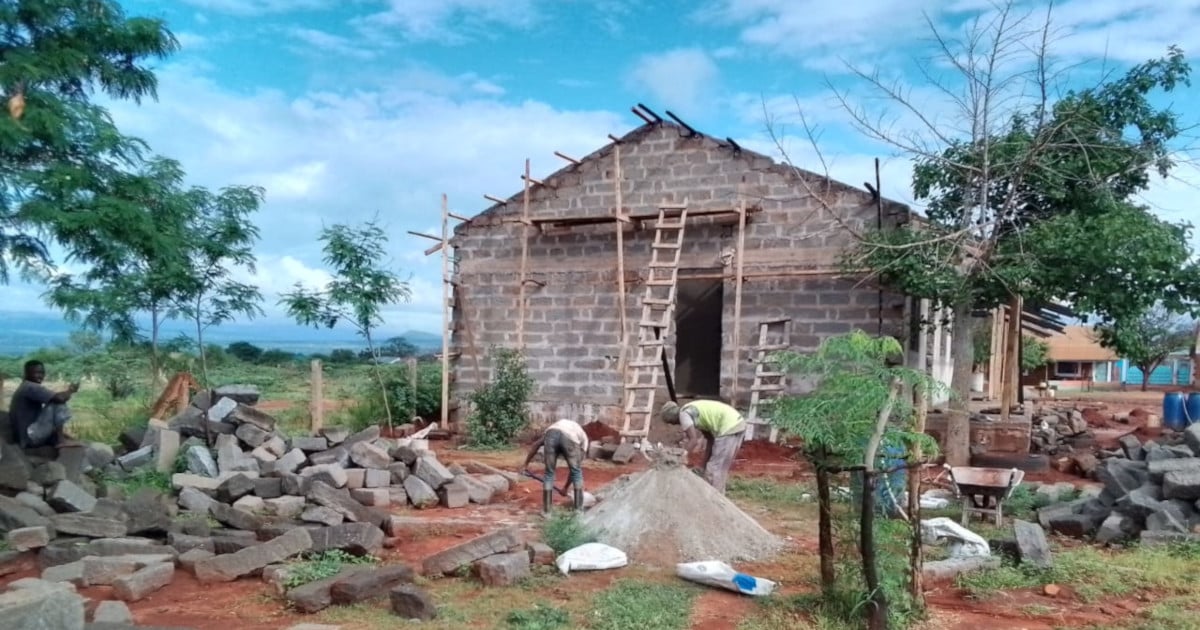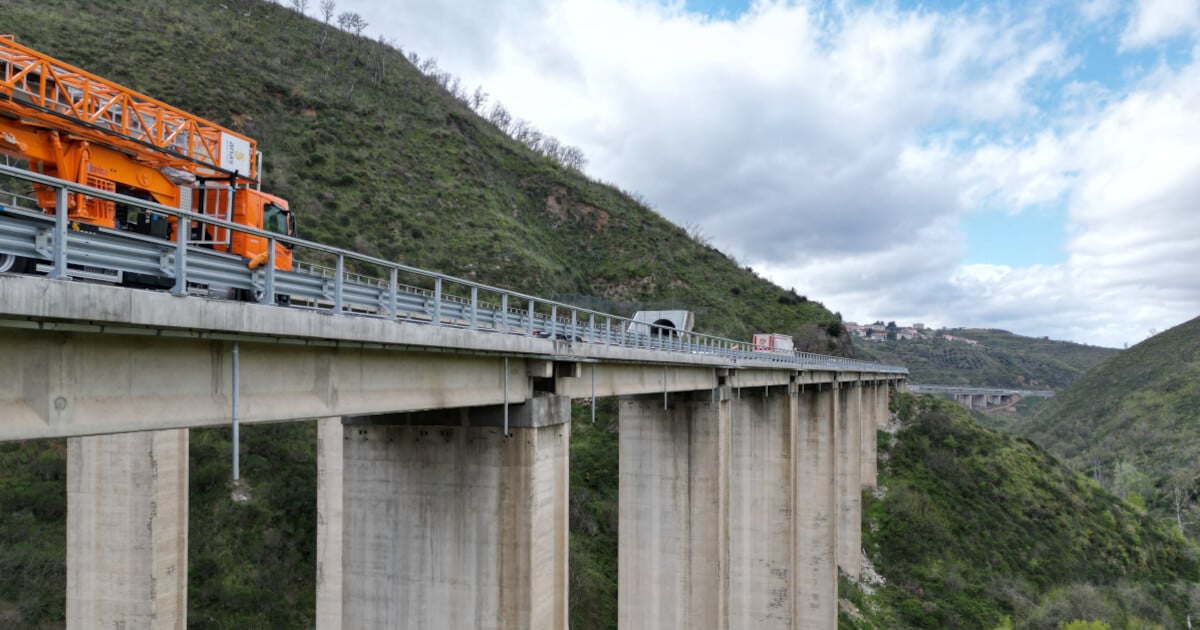Few events can be as unpredictable or have as much impact on a construction site as the weather. Delays and health and safety hazards are an inevitable result of high winds, extreme temperatures, or heavy rain, snow, and fog. Trying to keep a project on time and on budget without the ability to accurately predict site weather conditions has caused the construction industry no end of problems, as well as costing valuable time and money. However, can technologies such as artificial intelligence (AI) remove some of the risk and help construction projects stay on track?
The Uses of Artificial Intelligence in Construction
AI is increasingly being used across the construction industry for a wide range of applications – from creating multiple design variants based on specified parameters to enabling autonomous construction equipment to function, or even optimizing energy usage based on data from internet-enabled sensors in a building. Being able to reduce or automate some of the repetitive manual tasks from a construction project is helping architects, civil engineers, and contractors design and build projects more efficiently.
The Benefits of AI Weather Prediction
AI weather prediction systems can extend these benefits even further. Historical weather data can be included within a Building Information Modeling (BIM) system, giving project stakeholders an idea of the weather conditions they are likely to encounter during the construction process. In cases where the weather is considered a particular risk to a project, a weather report may be commissioned from a meteorologist or climatologist assessing the potential risks.
However, by integrating AI-based weather forecasting into 4D or 5D BIM models, potential insights can be gained as to the likely weather patterns that will be experienced during construction. With this information, different scenarios can be simulated for a more thorough construction plan. Contingency planning can therefore become more accurate and responsive, and costs kept under control. If the data is also continually updated, the AI weather prediction system can also continually test, modify, and improve the results for increasingly accurate forecasts.
AI in Construction Management
Information is key to keeping a construction project on track. With accurate weather forecasts, downtime can be anticipated so that resources can be redeployed elsewhere or material deliveries rescheduled. Activities such as crane usage – which is significantly affected by wind conditions – can be planned for days where the wind will pose less of a risk, increasing safety while also reducing unnecessary hire costs by avoiding days where the crane cannot be used. Similarly, bridge construction works can be planned to avoid inclement weather events, or extra resources can be employed to make a building weathertight before a predicted period of stormy weather. Like so many activities in construction, the right information at the right time can help make informed decisions, and – as this emerging technology develops – AI weather prediction is likely to be no exception.






